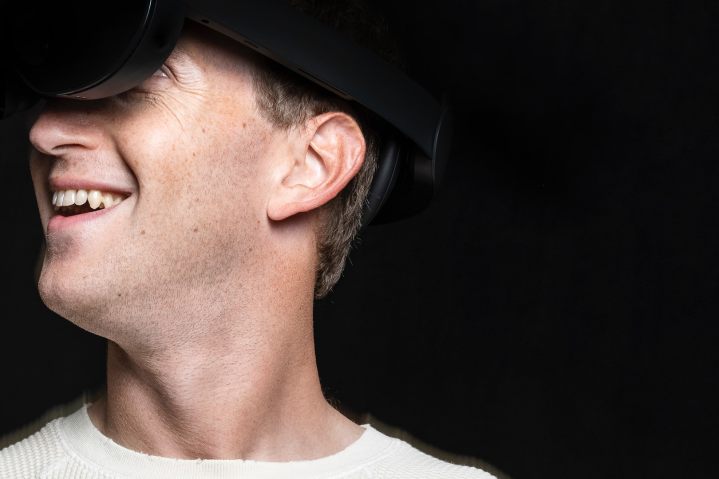An ask me anything (AMA) hosted by Meta’s Chief Technology Officer Andrew “Boz” Bosworth covered several questions.
A theme that surfaced in the answers made it clear that Meta’s Quest Pro headset, which is expected to be released in October at the Meta Connect event, is focused on productivity, not gaming.

The Meta Quest Pro, aka Project Cambria, is being designed to function more like a laptop than a gaming console. In a question about how Meta’s upcoming headset would affect the market, Boz explained that it is a very different device than the Quest headset, costing significantly more and having a bigger feature set that’s oriented toward professionals. This is planned to be a headset used for work.
Delving further into the topic, another question asked how long it will be before it will be possible to spend a full day working in VR and specifically asked about coding, which requires looking at windows full of text and precisely entering information on a keyboard.
Boz answered that this is already possible now for some people but there is enough variance that it’s better to expect improvement over time rather than the perfect solution at the start.
Text resolution, user interface ease, adjustments for the eye acuity and spacing, as well as how comfortable the headset is after hours of use, all play a role. That means the Quest Pro might not be a complete laptop replacement, at least not for everyone. It seems like the emphasis will be on virtual screens and integration in mixed-reality workspaces for meetings with distant team members. Boz expressed excitement about what’s and shared that a recent demo he saw was one of the highlights of his career.

An update on the status of some of Meta’s advanced technologies was given as well. For example, a wrist controller shouldn’t be expected at Meta Connect and there is more work to be done on that device. Bosworth explained that depth sensors are too expensive, in terms of weight and expense, and it makes no sense to use them when the same thing can be achieved with Meta’s image processing. Boz also touched on bone conduction audio, which doesn’t work well for some people suggesting speakers will be the solution for the Quest Pro.
There were also questions about the lack of legs and arms on Meta avatars and apparently it’s easy to make them look right to others but not to the owner of those limbs. An answer to a far-looking question about whether AR glasses will replace the smartphone was interesting. Boz answered that an all-day wearable that’s comfortable and stylish will replace the phone but AR glasses like that are a “distant ways out.”
The full AMA is available on Boz’s Instagram account, @boztank.



